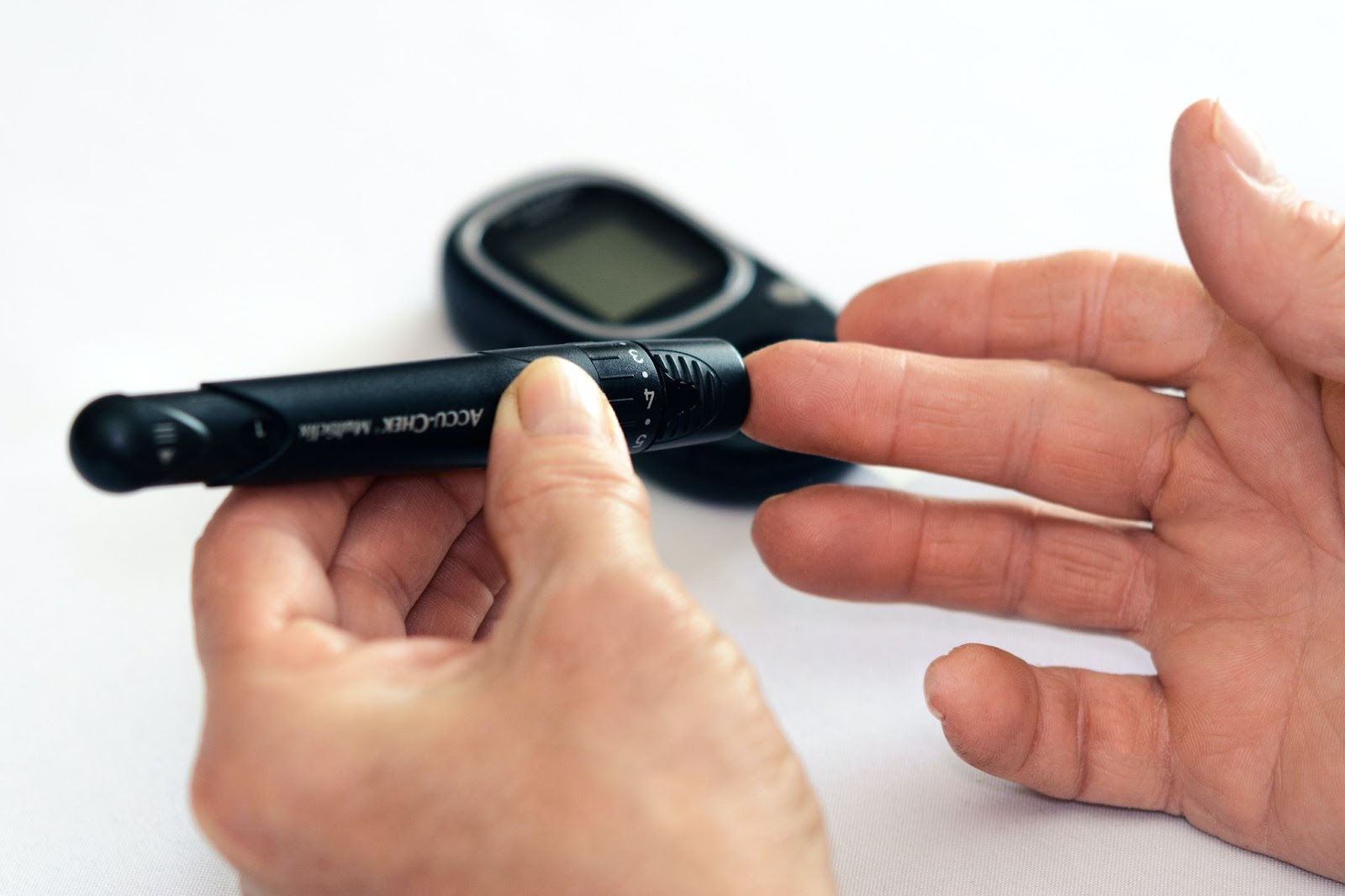How Remote Patient Monitoring Uses Artificial Intelligence
Artificial intelligence is all the buzz these days, and its potential relationship with remote patient monitoring (RPM) devices is consequently at the top of many healthcare providers’ minds.
When paired with artificial intelligence (AI), RPM devices can support clinical decision-making by analyzing key health data and generating analyses providers use to determine how to proceed. As a result, AI in remote patient monitoring helps produce better health outcomes and reduces costs by allowing patients to avoid serious health events and hospitalization.

The future of RPM likely involves AI to a much greater extent than it already does. Below, we explore how AI helps facilitate successful RPM solutions and how this technology could expand to cover more areas of need.
AI in Remote Patient Monitoring: How it Works
Applying AI software and analysis tools to remote patient monitoring devices makes it possible to automate the process. Essentially, AI does the work of analyzing RPM data so that providers need only intervene when concerns or significant changes pop up.
The information AI receives can also be fed into predictive machine learning models to anticipate future health changes. In this way, AI in RPM helps treat existing concerns and limits the risk of developing new ones.
Effective tools may even be able to predict a change – say, a drop in blood sugar – before it even happens, saving patients and providers time, money, and resources. Without AI tools, RPM devices might be limited to collecting data that healthcare providers or patients would need to regularly and actively monitor.
Potential Uses for AI in RPM
At the intersection between RPM and AI sits a mountain of opportunity. Current research shows the potential uses for AI in RPM range from life-saving treatments to general health and wellness monitoring.
For example, one study focused on examining daily gait (walking style) habits and used a combination of cameras, motion detectors, and pressure sensors to collect information. The devices evaluated joint angling and movements, step position, stride, and more. With this data handy, the devices used artificial intelligence models to compare information to a baseline and highlight areas of need.
This system can detect problems in a person’s gait even before they lead to health concerns (like joint pain or injury). Uses for technology like this are limitless; it could be used in foot insoles to help people with limited mobility track changes, as part of a physical therapy regimen, or even to generally prevent harmful gait developments.
Regardless, artificial intelligence can read real-time information and formulate a diagnosis or analysis to report to doctors, eliminating human error that otherwise might affect RPM efficacy.
RPM Devices That Incorporate AI
Many RPM devices that already use artificial intelligence are those tied to cardiovascular health or brain activity. However, experts believe that the potential for RPM use in other areas of healthcare is expanding. Some examples of RPM devices that commonly incorporate AI include:
-
Sleep Monitors: Devices that track motion, noise, and vitals throughout the night can provide insight into sleep patterns.
-
Digital Glucometers: Portable devices that can measure blood sugar can also draw conclusions and recommend next steps based on observed changes.
- Spirometers: These devices measure the volume of air pushed in and out of the lungs to look for abnormal breathing patterns.
- RPM Patches: Vital sign patches are placed on the skin to check for pulse, temperature, and more.
- EEG Tests: These tools are used to record brain activity.
- ECG Tests: During an ECG, electrical activity in a patient’s heart is measured to check for abnormalities.
Trust CoachCare for Leading RPM Technology
At CoachCare, we know that RPM devices will pave the way to more accessible, responsive, and trusted healthcare solutions. AI is only one piece of the puzzle that providers can use to reach more patients and better support pre-existing ones.
CoachCare offers a range of RPM devices at the forefront of the market to help you give your patients the care they deserve. Take our quiz today to see how our RPM devices can fit your organization’s needs.